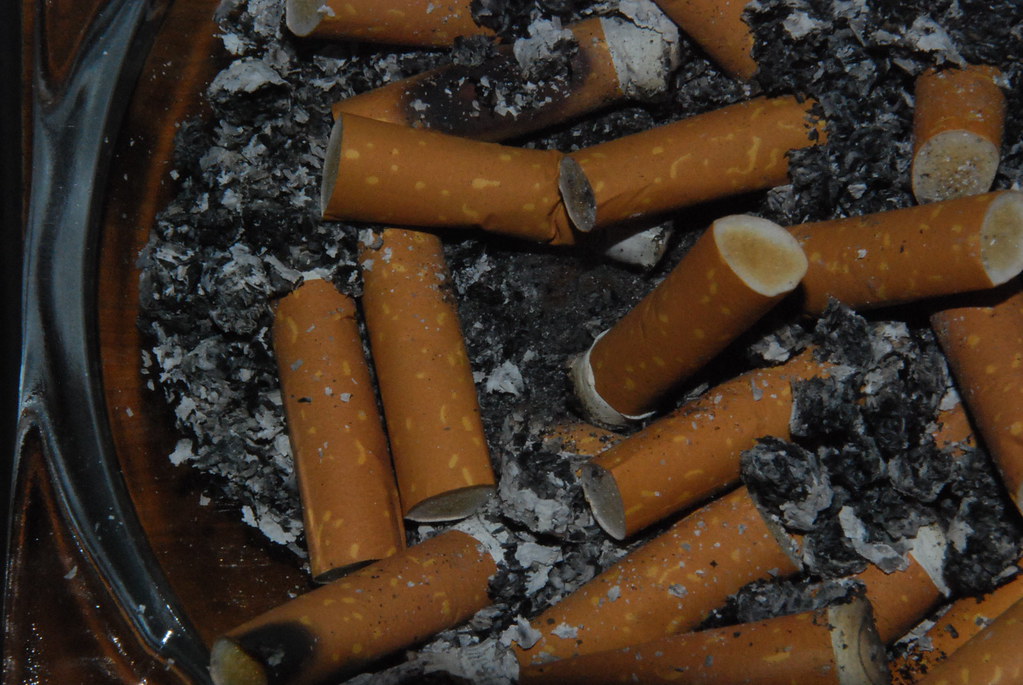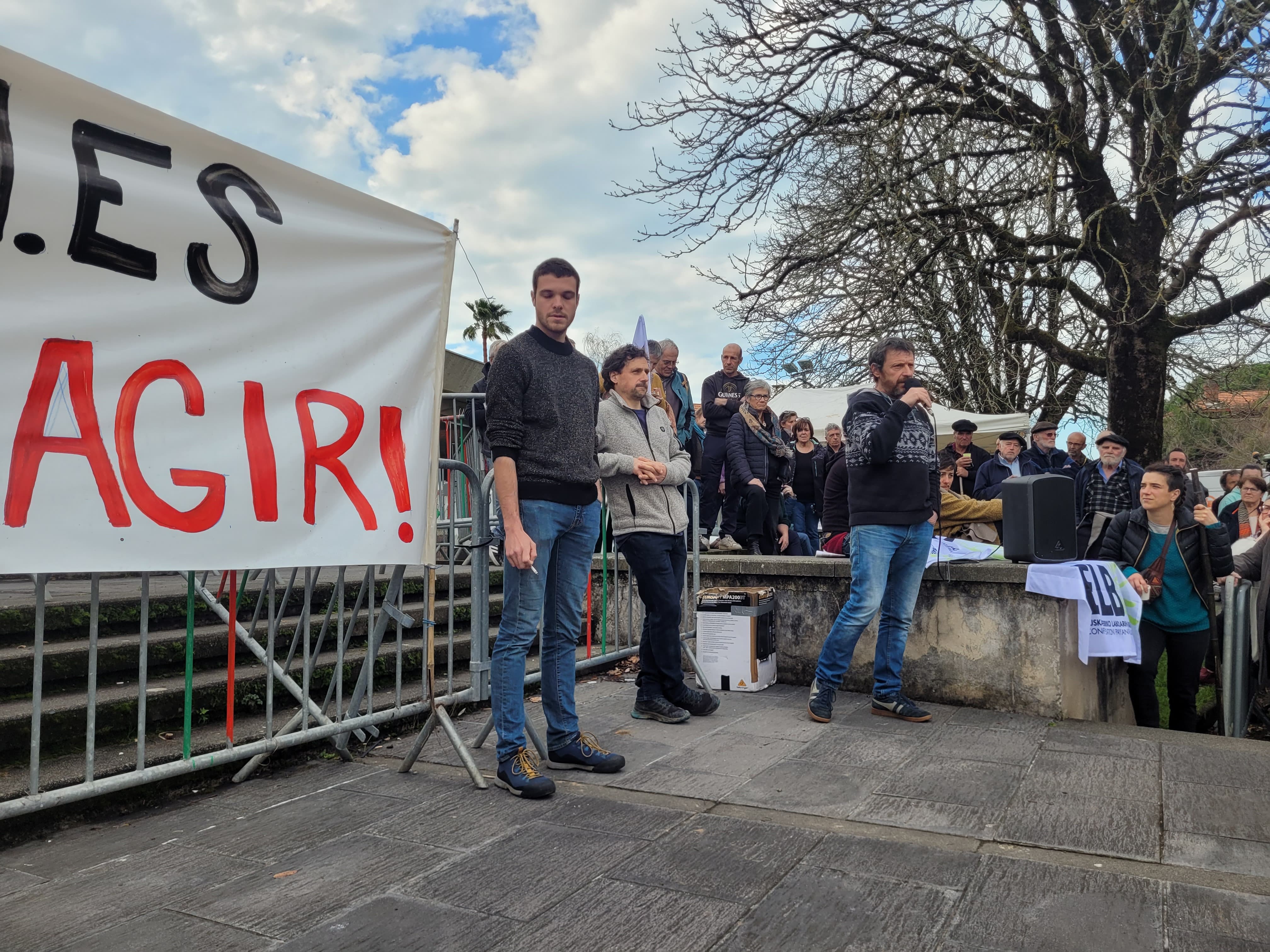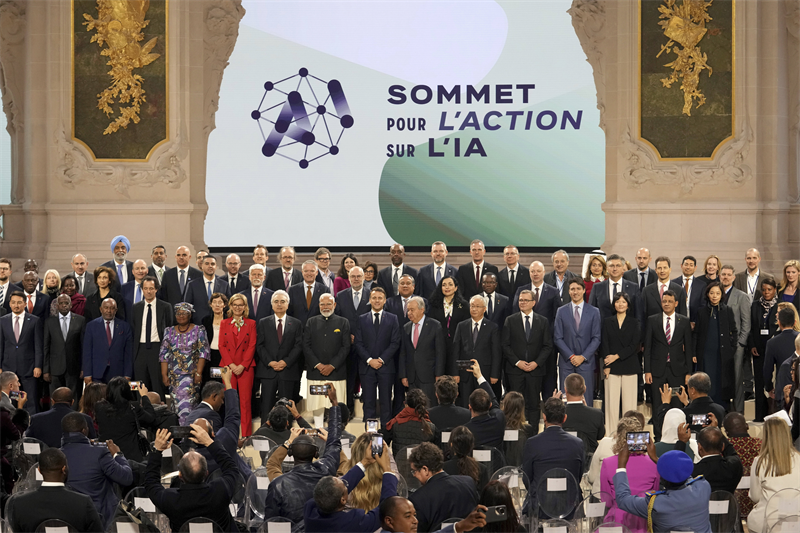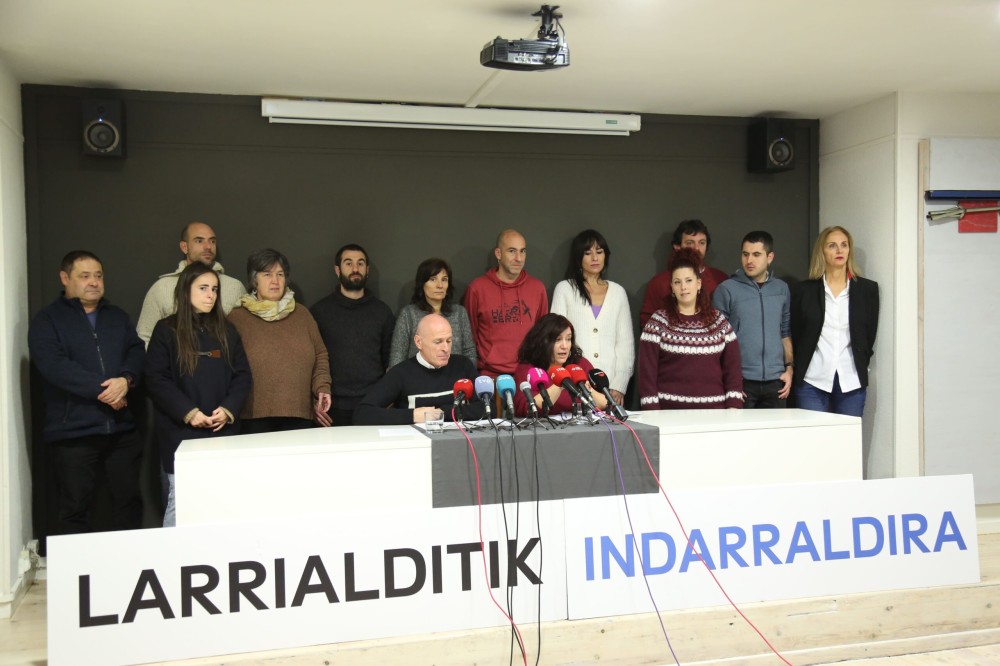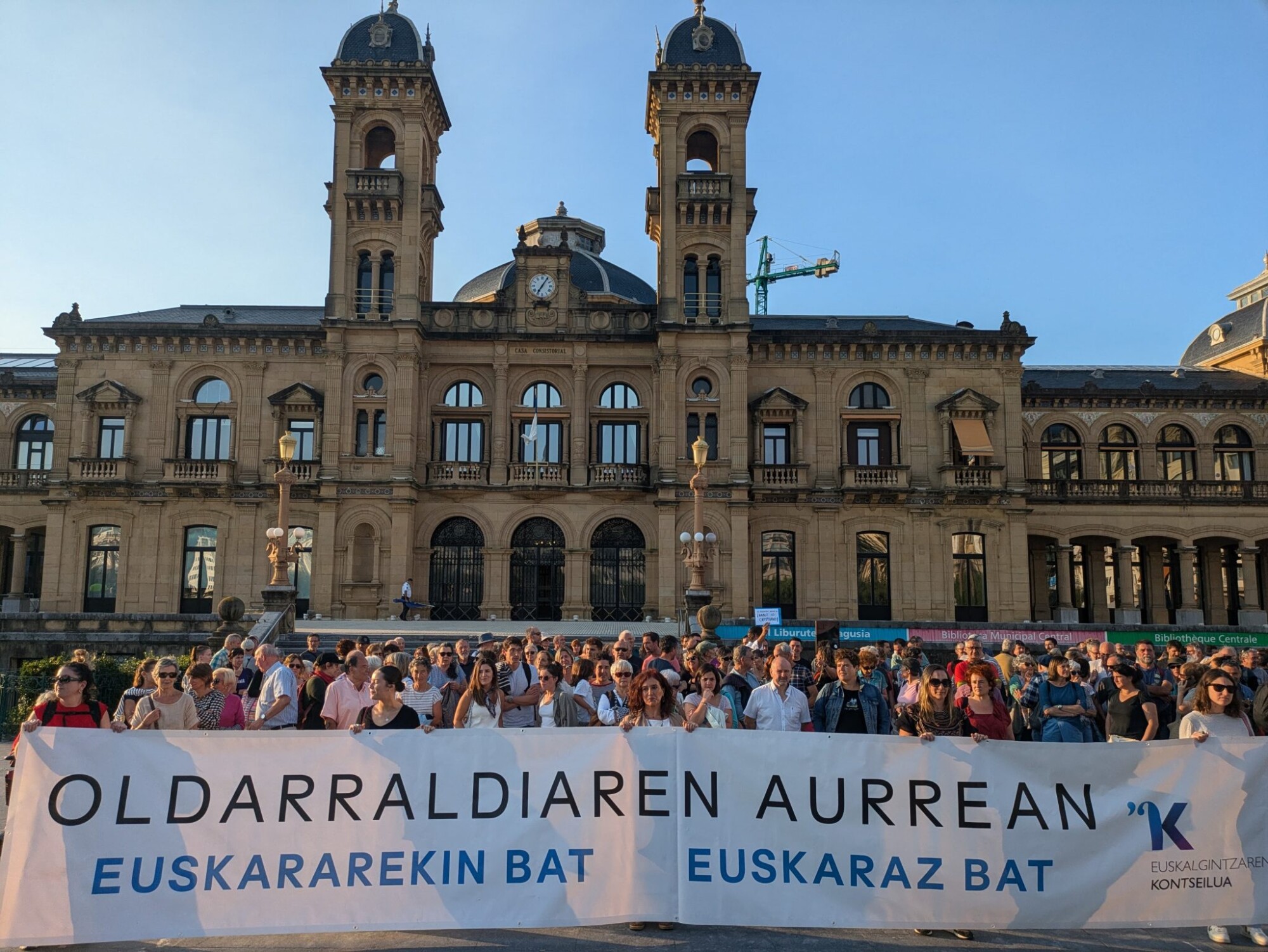Lives of Carousels

Today, in this transition from classical modernity to liquid modernity that Bauman mentions, the changes are evident and the carousel lives prevail in the face of the funicular lives. There are big fluctuations in our lives, both in terms of employment and in terms of the family. Big variations can occur from one day to the next, and as a result, multiple incidents and biographical trajectories of different and fast speeds are what prevail today. Even if it is taken to extremes, we often see those who become unemployed from one day to the next, despite having good jobs and wages or experiencing profound changes in their family situation. It was precisely the fragmented vital narratives that were unthinkable in other times.
Which one is better? Where there used to be security and certainty, there are now more freedoms, opportunities and emotions. Before, everything was clear from birth and our biography was written before. If so, a worker’s child would be a worker and if he progressed in education he would have had opportunities to thrive in society. Today, on the other hand, things are less defined, we are now programmers of our lives at all times, due to both our influence and external – and uncontrollable – factors. So now there are more emotions and possibilities – for good or for bad.
The ideal social and cultural context for carousel lives of emotions and opportunities is not an industrial society, but a society based on consumerism and hedonism, and this is precisely the postmodern scenario that we can see today.
Gabonetako argiak pizteko ekitaldia espainolez egin izanak, Irungo euskaldunak haserretzeaz harago, Aski Da! mugimendua abiatu zuen: herriko 40 elkarteren indarrak batuta, Irungo udal gobernuarekin bildu dira orain, alkatea eta Euskara zinegotzia tarteko, herriko eragileak... [+]
Irailaren 9ra gibelatu dute Kanboko kontseiluan gertatu kalapiten harira, hiru auzipetuen epaiketa. 2024eko apirilean Kanboko kontseilu denboran Marienia ez hunki kolektiboko kideek burutu zuten ekintzan, Christian Devèze auzapeza erori zen bultzada batean. Hautetsien... [+]
Oinarrizko maia komunitateko U Yich Lu’um [Lurraren fruitu] organizazioko kide da, eta hizkuntza biziberritzea helburu duen Yúnyum erakundekoa. Bestalde, antropologoa da, hezkuntza prozesuen bideratzaile, eta emakumearen eskubideen aldeko aktibista eta militante... [+]
Zer jakin behar dut? Norekin erlazionatu behar dut? Non bizi behar dut? Ardura horiekin gabiltza gizakiok gure gizarteen baitan bizitza on baten ideia bizitzeko bidean. Ondo erantzuten ez badakigu, bazterretan geratuko garen beldurrez.
Joan den astean, kanpoan geratzearen... [+]












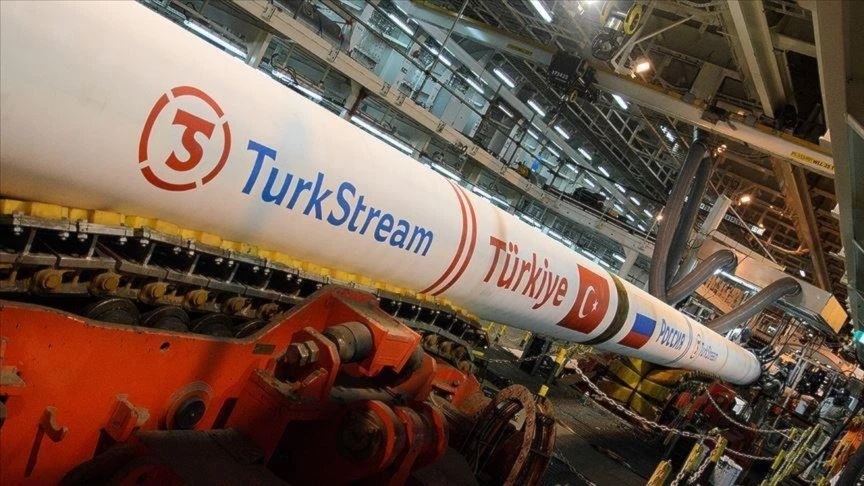
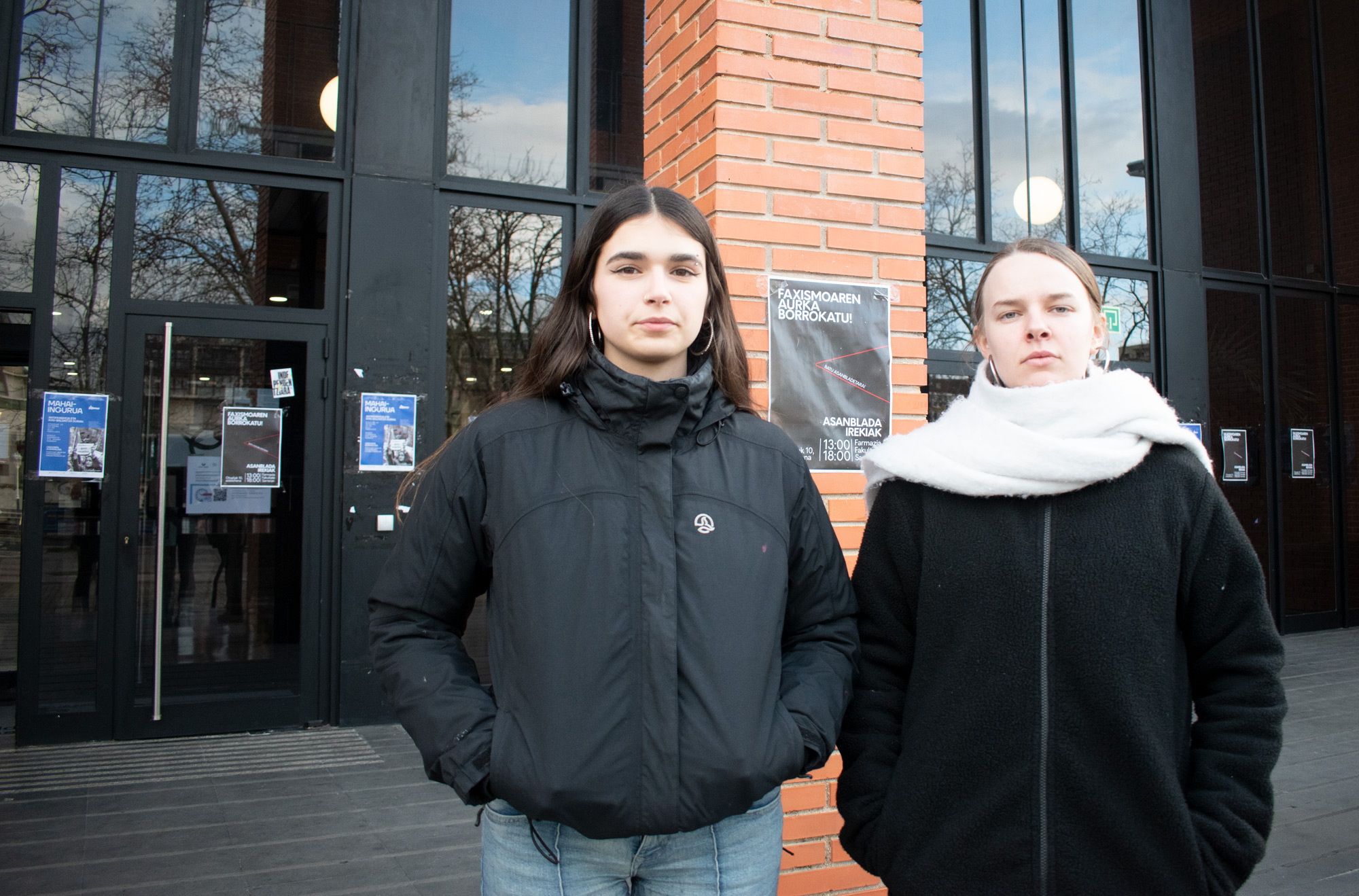
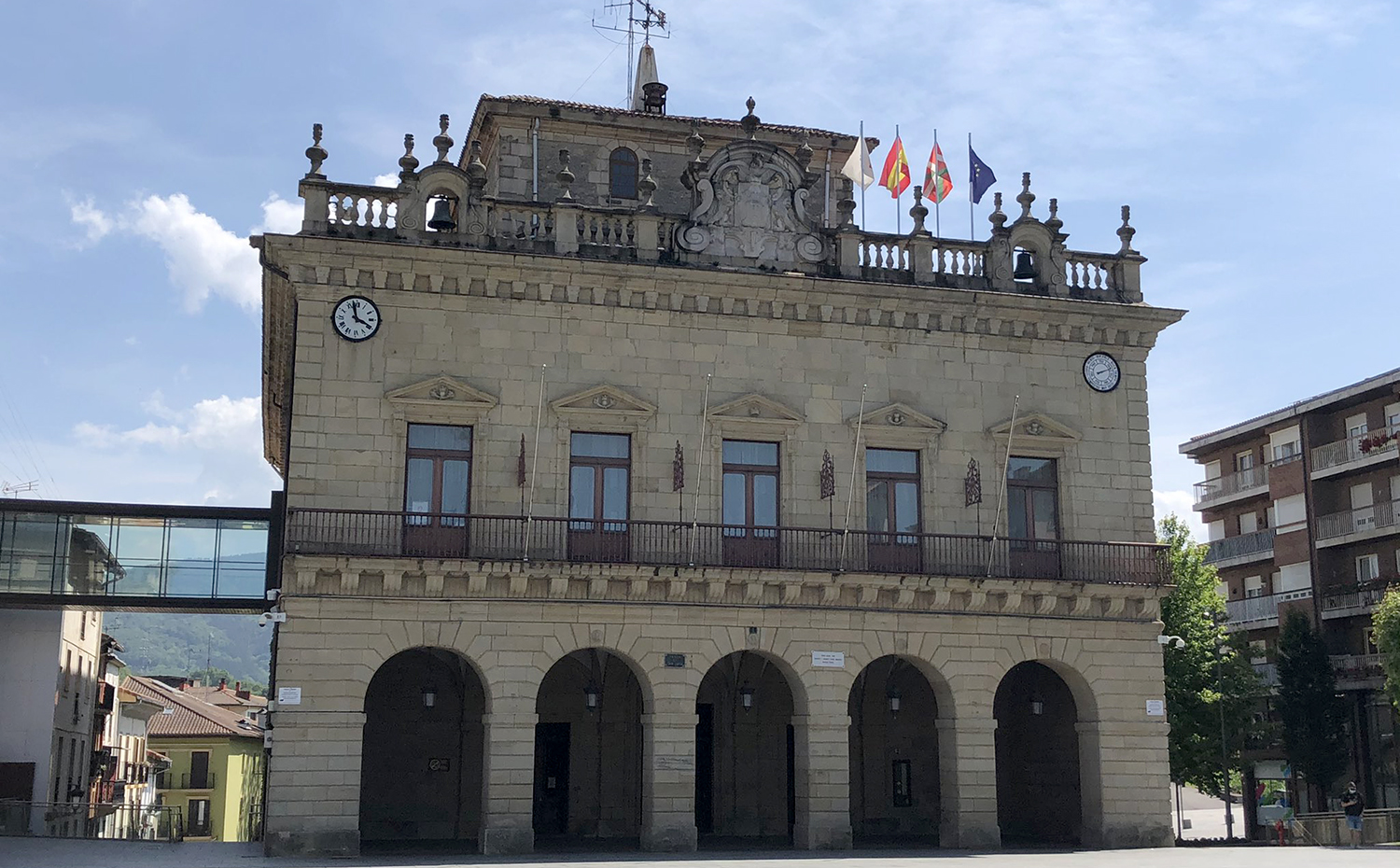

_2.jpg)
